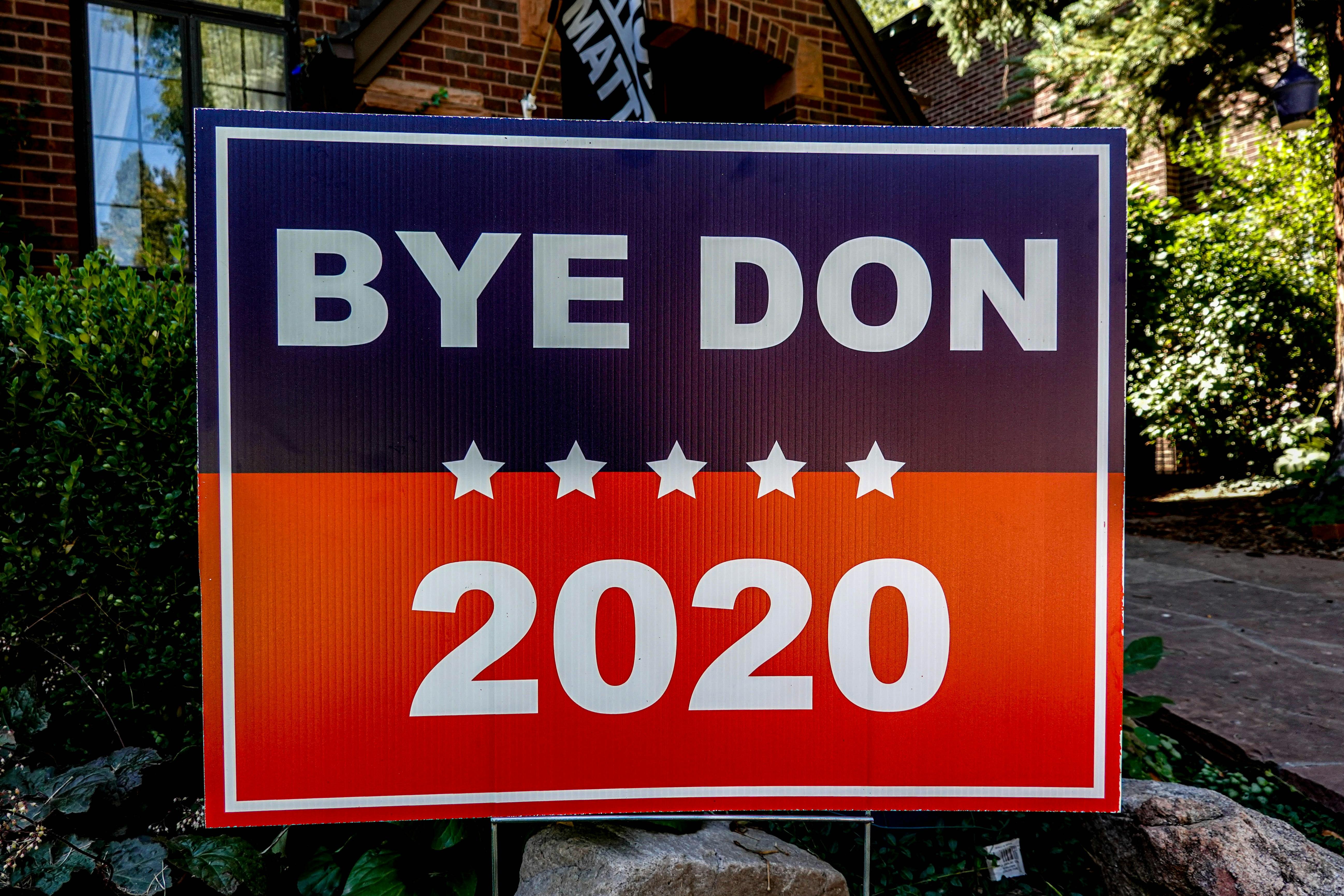In recent years, the television landscape has witnessed a notable surge in the popularity of political thrillers, a genre that intricately weaves the suspenseful elements of high-stakes politics with the captivating allure of drama. This rise has not only captivated audiences worldwide but has also sparked a broader conversation about the genre’s impact on both the entertainment industry and societal perceptions of political dynamics. As these narratives unfold on screen, they offer viewers a tantalizing glimpse into the corridors of power, replete with intrigue, moral ambiguity, and the perennial clash between personal ambition and public duty. This article delves into the factors fueling the ascent of political thrillers on television, examining their cultural resonance and the implications they hold for our understanding of the political landscape in an era increasingly defined by complexity and uncertainty.
Emergence of Political Thrillers as a Dominant TV Genre
The landscape of television has seen a significant shift with the emergence of political thrillers as a leading genre. This trend has captivated audiences by intertwining the drama of politics with the suspense of thrillers, creating narratives that resonate with contemporary societal issues. The appeal lies in their ability to weave complex plots that reflect real-world dynamics, while maintaining an edge-of-the-seat tension that keeps viewers engaged.
- Complex Characters: Political thrillers often feature multifaceted characters, whose moral ambiguities and personal conflicts mirror the intricate nature of real-world politics.
- Current Affairs: These shows frequently draw inspiration from current events, allowing audiences to explore hypothetical scenarios that challenge their understanding of global politics.
- Engaging Storylines: With a focus on strategic power plays and unexpected twists, political thrillers offer a narrative depth that goes beyond traditional storytelling.
Such elements not only entertain but also provoke thought, encouraging viewers to critically analyze the political landscapes around them. As a result, political thrillers have become a dominant force in television, reflecting a growing appetite for content that combines entertainment with intellectual engagement.
Analyzing the Narrative Techniques that Captivate Audiences
Political thrillers have become a staple in modern television, drawing viewers into a world of intrigue, suspense, and moral ambiguity. The key to their allure lies in the narrative techniques employed by creators, which artfully blend reality with fiction. These shows often incorporate complex characters, whose motivations are as murky as the political waters they navigate. Through the use of multi-layered storytelling, audiences are kept on the edge of their seats, constantly questioning the true nature of the characters and the unfolding events.
- Unreliable Narrators: This technique keeps viewers guessing, as the truth is gradually revealed through the lens of characters whose perspectives are questionable.
- Non-linear Timelines: By jumping between past, present, and future, creators weave intricate plots that demand viewers’ full attention and engagement.
- Realism: Grounding stories in real-world politics adds a layer of authenticity, making the narrative both relatable and thought-provoking.
- Cliffhangers: Episodes often end on a suspenseful note, compelling audiences to return for answers, thus maintaining high viewer retention.
These narrative strategies not only entertain but also encourage viewers to ponder the ethical dilemmas faced by the characters, reflecting the complexities of real-world politics. As a result, political thrillers continue to captivate audiences, offering both escapism and a mirror to contemporary society.

Examining the Sociopolitical Influence of Thrillers on Public Perception
In recent years, political thrillers have not only captivated audiences with their intricate plots and intense narratives but have also significantly shaped public perception. These TV shows often delve into the complexities of power dynamics, corruption, and ethical dilemmas, presenting viewers with a dramatized version of real-world political scenarios. By weaving together elements of suspense and intrigue, they engage audiences in critical thinking about current sociopolitical issues. As these thrillers blur the lines between fiction and reality, they encourage viewers to question the integrity of political figures and institutions, ultimately influencing how the public perceives governance and authority.
- Representation of Power: Political thrillers often highlight the power struggles within governmental bodies, emphasizing the tension between personal ambition and public duty.
- Media Influence: By showcasing the role of media in politics, these series underscore its impact on public opinion and policy-making.
- Ethical Dilemmas: Characters are frequently placed in morally ambiguous situations, prompting viewers to reflect on the ethical implications of real-world political decisions.
While these shows provide entertainment, they also serve as a lens through which audiences can examine and critique the political landscape, potentially leading to a more informed and engaged citizenry. However, the dramatization of events might also skew perceptions, creating a challenge in discerning fact from fiction in the political discourse.

Recommendations for Future Storytelling in Political Thrillers
As political thrillers continue to captivate audiences, it’s crucial for creators to innovate while maintaining the genre’s core elements. Diverse perspectives should be prioritized to reflect the complexity of global politics. By introducing narratives from non-Western viewpoints, creators can offer fresh insights and challenge traditional power dynamics. Additionally, embracing technological advancements as plot devices can enhance realism and relatability, with themes surrounding cybersecurity and digital espionage offering fertile ground for exploration.
- Character depth: Develop multi-dimensional characters whose motives and backgrounds are intricately woven into the plot.
- Real-world parallels: Draw inspiration from current political climates to create stories that resonate with contemporary issues.
- Unpredictability: Ensure plot twists remain surprising yet believable to keep viewers engaged and invested.
Ultimately, the success of future political thrillers will hinge on their ability to evolve with the times while offering compelling narratives that both entertain and provoke thought.
